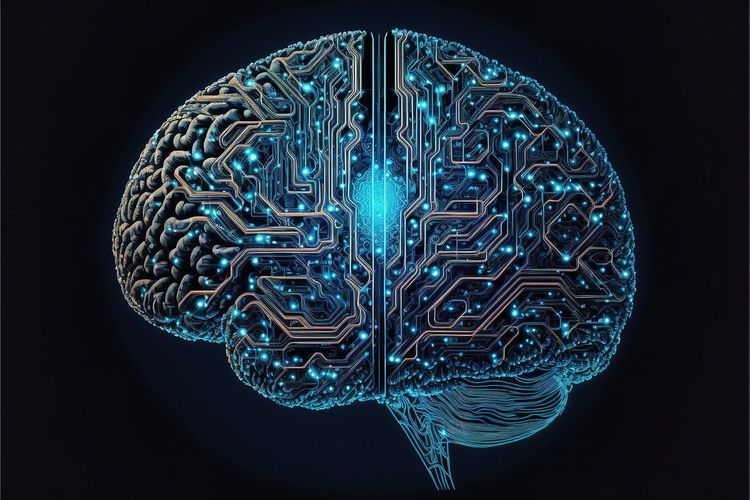Duet AI Expands its Capabilities in Google Cloud, Enhancing Developer Productivity
Duet AI, Google's suite of generative AI features designed for text summarization, data organization, and more, is broadening its reach across various Google Cloud products and services. During its annual Cloud Next conference, Google revealed that Duet AI, currently in preview, will become generally available later this year. The latest features include assistance with code refactoring—optimizing code through minor changes while maintaining its overall functionality.
In a developer's favorite coding environment, a Duet AI-powered chat window allows users to enter natural language prompts (e.g., “Convert this function to Go and use Cloud SQL”). Duet AI then executes the task, such as rewriting the code and adapting the database connection to a managed relational database. Within the Google Cloud Console, a dashboard for developing and deploying web apps and services, users can interact with Duet AI for guidance on infrastructure configuration, deployment optimizations, and cost management.
In the newly launched Cloud Workstations, Duet AI helps developers write code while incorporating best practices. Moreover, in the Application Integration tool—a no-code solution for connecting software-as-a-service applications—Duet AI can generate automated workflows using existing APIs and assets, effectively creating documentation and test cases.
Certain enterprises will have the opportunity to tailor Duet AI with "organization-specific" knowledge from their libraries and codebases. This customization enables Duet AI to provide context-aware coding suggestions, making tasks like generating code to find all products priced under $10 in a company’s catalog more efficient.
Duet AI also simplifies API design, creation, and publishing through new connectors to Apigee, Google’s API management platform. It features tighter integration with BigQuery, Google’s serverless data warehouse, and Looker, a business intelligence tool for data exploration within Google Cloud.
Google describes the integration of Duet AI with BigQuery as a collaborative experience, providing "contextual assistance" for writing SQL queries and Python code. By leveraging existing metadata and schema, Duet AI offers real-time code suggestions, generates complete functions and code blocks, and recommends possible fixes while providing explanations. Furthermore, it can generate vector embeddings for enhanced semantic searches and recommendation queries.
Through Vertex AI, Google’s machine learning platform, organizations can adapt the text-to-code model behind Duet AI to align with their coding standards. In Looker, Duet AI enables “context-rich insights,” automates report creation, and introduces a chat feature called Duet AI chat assistance. Similar to AI-driven chatbots, this feature allows users to query business data and receive responses in natural language.
Duet AI's functionality extends to Looker’s dashboards, enabling automatic presentation generation and summaries, alongside calculations and visualizations based on saved reports. A collaborative notebook experience for data analysis will also be coming later this year.
Additionally, Duet AI is rolling out to AlloyDB (Google’s fully managed database service), Cloud SQL, and Cloud Spanner, Google Cloud's distributed database management service. In Cloud Spanner, Duet AI can generate code to structure, modify, and query data using natural language requests, such as “Write a query to show all data in the messages table.”
Furthermore, Duet AI is set to enhance Google’s Database Migration Service (DMS), streamlining data migration from external sources to Google Cloud. For Oracle customers, Duet AI will facilitate the automated conversion of certain database code types, including stored procedures and custom queries, into formats compatible with AlloyDB and Cloud SQL later this year.
While Duet AI promises to revolutionize coding efficiency, concerns about the reliability of its underlying models persist, particularly regarding coding accuracy. Reports have highlighted risks associated with generative AI coding tools, such as their difficulties in accurately interpreting context. A recent Stanford study indicated that engineers utilizing code-generating AI might inadvertently introduce security vulnerabilities in their applications.
Moreover, issues of copyright arise, as generative AI systems like Duet AI are trained on publicly available code, which may fall under restrictive licenses. Legal experts warn that companies could expose themselves to legal risks by inadvertently incorporating copyrighted suggestions into their software.
To address these concerns, Google ensures that Duet AI cites the sources of its code suggestions. In a bid to allay enterprise customers' privacy and security concerns, Google maintains that code, inputs, and recommendations from Duet AI will not be utilized for model training or product development.







